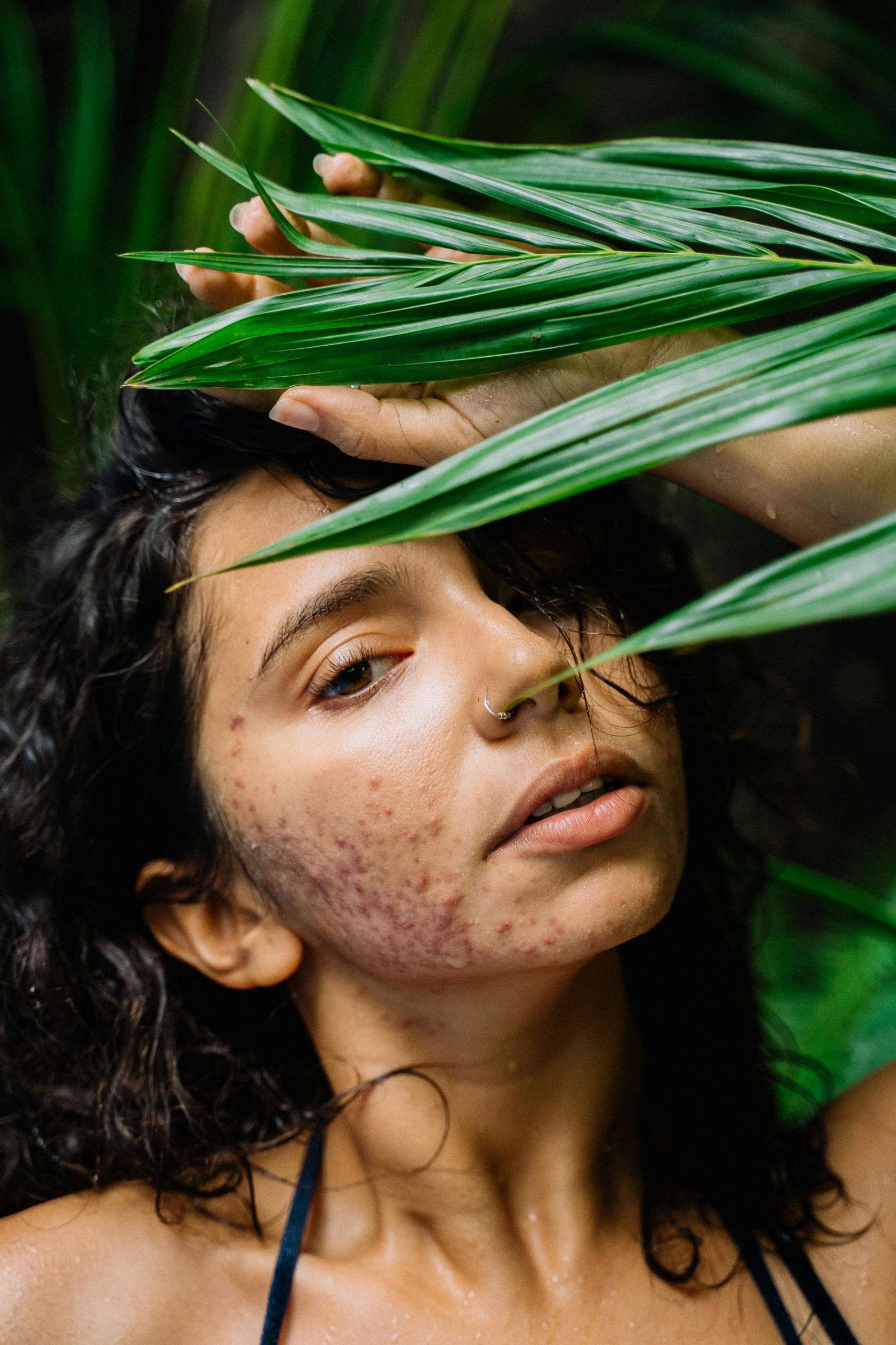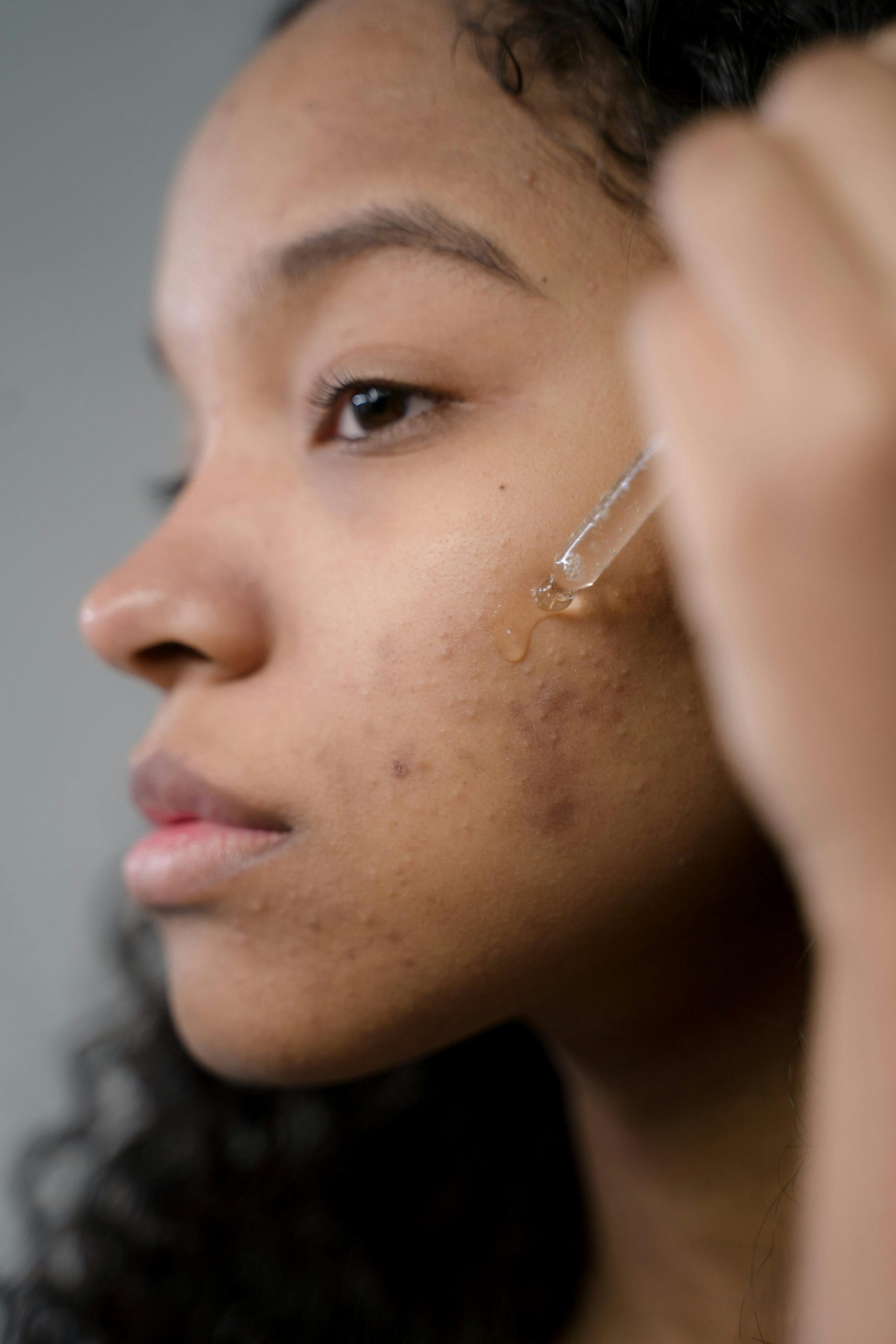
Remember those carefree days of childhood summers, baking in the sun without a care? While a healthy dose of sunshine offers benefits like vitamin D production, times have changed. The message of sun protection is louder than ever, and for good reason. The Culprit: Ultraviolet (UV) Rays Sunlight delivers a spectrum of light, including invisible ultraviolet (UV) rays. UVA rays penetrate deep into the skin, contributing to wrinkles and premature aging. UVB rays are responsible for sunburns and can damage the skin’s DNA, potentially leading to skin cancer. The Changing Landscape Several factors contribute to the increased emphasis on sun protection: Thinner Ozone Layer: The ozone layer acts as a shield against UV rays. Unfortunately, it’s thinning due to environmental pollutants, allowing more UV rays to reach the earth’s surface. Skin Cancer on the Rise: Skin cancer rates are climbing globally. Public health initiatives highlight the importance of sun protection to reduce this risk. Sun Awareness Grows: As we learn more about the effects of UV exposure, dermatologists and skincare Continue Reading




